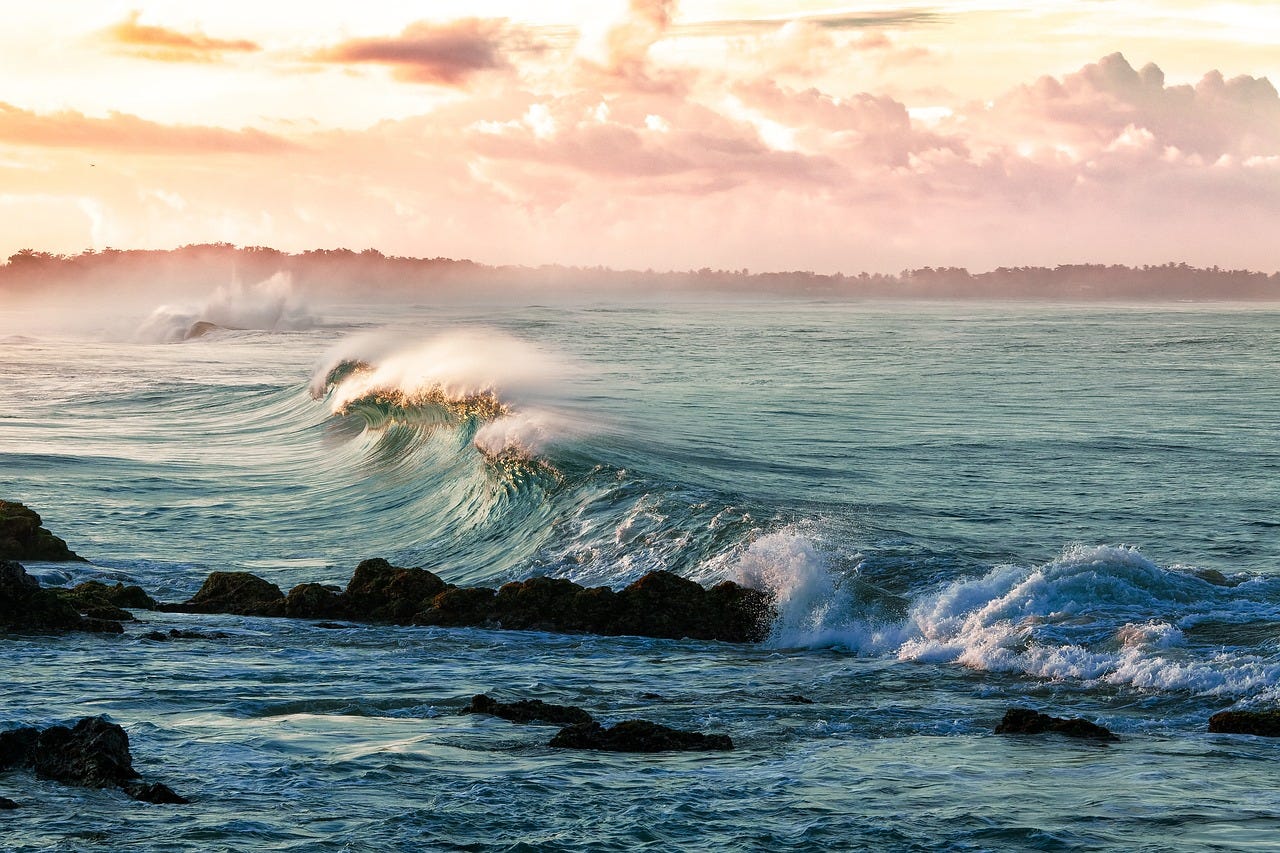Paris Olympics climate plan: Get rid of Parisians
Welcome to Callaway Climate Insights. The Paris Olympics have begun. Please enjoy our coverage from the City of Light and subscribe.
Today’s edition is now free. To get this newsletter every day of the week, subscribe now. We’re having a big sale!

When I was a young foreign correspondent in London for Bloomberg 30 years ago, I once had an opportunity to relocate to the Paris bureau. While the reporting job would have been smaller, the allure of being a writer in Paris was strong.
I asked a friend who was already in that bureau and lived in the Marais District. “It’s great,” she said. “But if you live in Paris, you can never visit Paris.”
I think about that every time the idea of getting a flat there comes up, which has been a lot in the past two weeks. Fortunately, I have another old friend who does just that. David Andelman, a former CBS correspondent in Paris in the 1980s, now splits his time between flats in New York and Paris and is there this week writing for us.
His first dispatch can be found, free of charge, below. While the rest of the city’s residents bolted for their August vacations early to escape the mayhem of the Games, Andelman writes how overwhelming security concerns have forced these Olympics to de-prioritize the green aspects of the games. Protecting the athletes comes first.
This is Paris’s first Olympics in more than 100 years. Its first time to shine on a world stage since Covid. President Emmanuel Macron doesn’t want anything to cast a shadow on that limelight. It may be that, like with Covid, the most green thing Paris can do is to shut down for two weeks and send all its colorful Parisian residents away.
Enjoy the Games!
Don’t forget to contact me directly if you have suggestions or ideas at dcallaway@callawayclimateinsights.com.
Follow us . . . .
Twitter | LinkedIn | Facebook | Instagram
Don’t miss our summer sale! We depend on your support to bring you the latest and best investing insights from the world of climate finance. So, we’re kicking off the month with a July 4th Summer Sale. New subscribers can get 40% off the price of an annual subscription for orders placed by the end of the July.
Hulbert: A deceptively simple way to raise funds to invest in green companies
. . . . Green investing to date has been mostly tied into traditional stocks and of course bonds, the so-called green financing, Mark Hulbert writes. Some green banks, like Climate First Bank in Florida, have emerged, but what if all banks allowed investors to use their deposits to fund green company growth? Savings deposit and money market funds dwarf the amount of money in stocks and bonds. If that was provided in a way that it would only go to sustainable companies, it would lower their cost of capital and let them invest more in green projects. It’s a theory. And it’s gaining ground.
Letter from Paris: Air pollution zone zero
. . . . France is billing its Olympic moment in Paris as the Green Olympics, the most environmentally friendly and sustainable Games in history. But our man in the City of Light, David Andelman, says the reality on the ground is far different. The security lockdown in the city has been so dramatic — in efforts to prevent terrorism — that many of the new electric buses can no longer travel their routes, leaving only tightly-restricted lanes for regular travel clogged with gasoline- and diesel-belching vehicles. The air quality numbers tell the story. And you’ll never guess which event has the dirtiest air as the Games start.
All eyes on the River Seine as the Games attempt the unthinkable: sustainable swimming

. . . . One of the major tests for Paris in this Olympics will be whether its famous River Seine, closed to swimming because of pollution for the past 100 years, will be clean enough for swimmers, writes Calla Kra-Caskey. Daily, if not hourly, measurements for E. coli means the swimming events in the river are touch and go, while all other events will be run to meet the first-ever carbon budget for an Olympic Games. More than 13 million sustainable meals will be served to athletes and visitors in the next two weeks, while plastic bottles are out, even for sponsor Coca-Cola KO 0.00%↑. How the athletes will react, not to mention several million French residents when they return home from their August holidays, will be a guide for future Games. . . .
Editor’s picks: Offshore wind picking up in California; plus, freeing the clean energy backlog
California whips up offshore wind support
California’s Public Utilities Commission (CPUC) is upping its support for offshore wind with a proposal to fund the procurement of up to 7.6 gigawatts. A report in The Hill says the proposal recommends launching three solicitation rounds for offshore wind projects beginning in 2027, with expected electricity deliveries rolling out in 2035, 2036 and 2037. “In addition to pledging financial backing to the offshore wind industry, the CPUC’s proposal also committed to financing up to 1 gigawatt of enhanced geothermal systems and up to 2 gigawatts of two different forms of long-duration energy storage equipment,” according to the report. Earlier this month, the California Energy Commission approved a plan to develop a massive floating offshore wind industry in ocean waters, reports CalMatters. “It would be a first-of-its-kind undertaking that will require billions in public and private investments and could transform parts of the coast.”
Unclogging the clean energy interconnection backlog
The California Independent System Operator, Southwest Power Pool and the Electric Reliability Council of Texas are among the grid operators working under the Federal Energy Regulatory Commission’s Order 2023 to help alleviate interconnection challenges that are holding back an estimated 2.5 terawatts of clean energy projects. Utility Dive reports that California is arguably leading the way with a new zonal approach to prioritizing interconnection requests. The SPP hopes to submit a plan for FERC approval next year while ERCOT is using a methodology known as “connect and manage” that allows projects to connect quickly and affordably if they’re willing to bear the cost of potential curtailment.
Words to live by . . . .
“Hard days are the best because that’s when champions are made.” — Simone Biles, American artistic gymnast with a total of 37 Olympic and World Championship medals.







